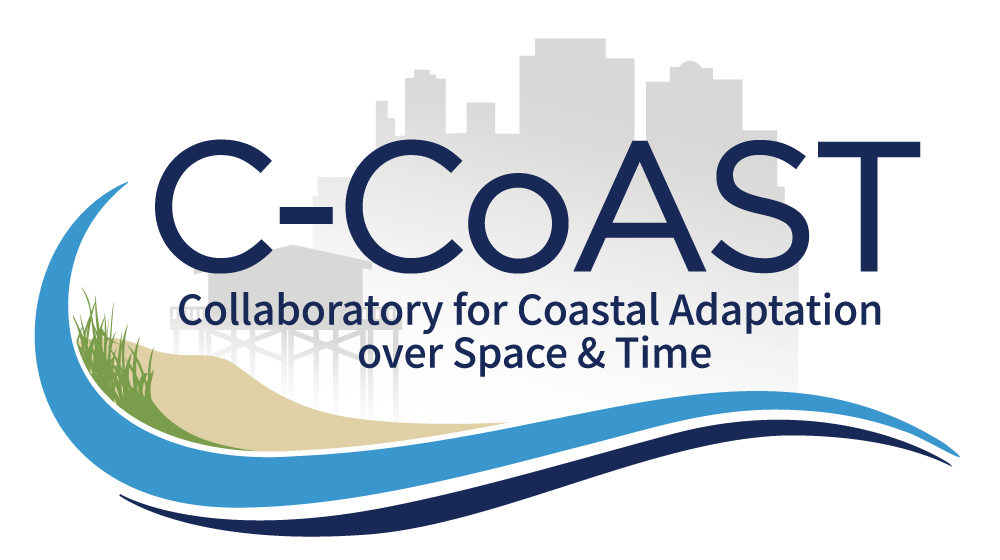Redefining Scientific Literacy at the Community Level
Researching Social Learning Using a Social Network Approach
Photo © Avery Cocozziello on Unsplash
Photo © Avery Cocozziello on Unsplash
With the recent coronavirus pandemic, the need for scientific literate communities has come into sharp focus. To successfully create and implement solutions to large-scale collective issues, such as community resilience, it takes more than isolated individual knowledge, attitudes, and behavior. The goal of this National Science Foundation funded project is to develop an empirically-based conceptual model and metrics for community level scientific literacy, within the context of NC coastal community resilience.
Solutions to large-scale, collective problems require scientifically literate communities and necessitate expanding the conception and measurement of scientific literacy from an individual level to a community level. In science education research, scientific literacy is defined as an individual’s scientific knowledge, attitudes, and competencies. However, a 2016 report by the National Academies declares that scientific literacy can also be “expressed in a collective manner when the knowledge and skills possessed by particular individuals are leveraged alongside the knowledge and skills of others in a given community” (p. S-5, emphasis added). The report called for additional research to understand the contexts and features of community organization that support the development of community level science literacy and influence successful group action.
To meet this nationally-identified charge, three North Carolina coastal communities, faced with the need to make scientifically-informed adaptation decisions to combat the effects of sea level rise, will be studied. This project uses qualitative research methods, including document analysis, observation, and interviews, to understand and describe the case contexts. This project will also use social network analysis (SNA) to quantitatively measure the features of community organization (such as relationships between individuals).
Busch, K., Rajwade, A. (2024). Conceptualizing community scientific literacy: Results from a systematic literature review and a Delphi method survey of experts. Science Education, 108(5), 1231-1268. https://doi.org/10.1002/sce.21871
Photo below by Parsa Mahmoudi on Unsplash

Become a participant by joining the C-CoAST Network.


